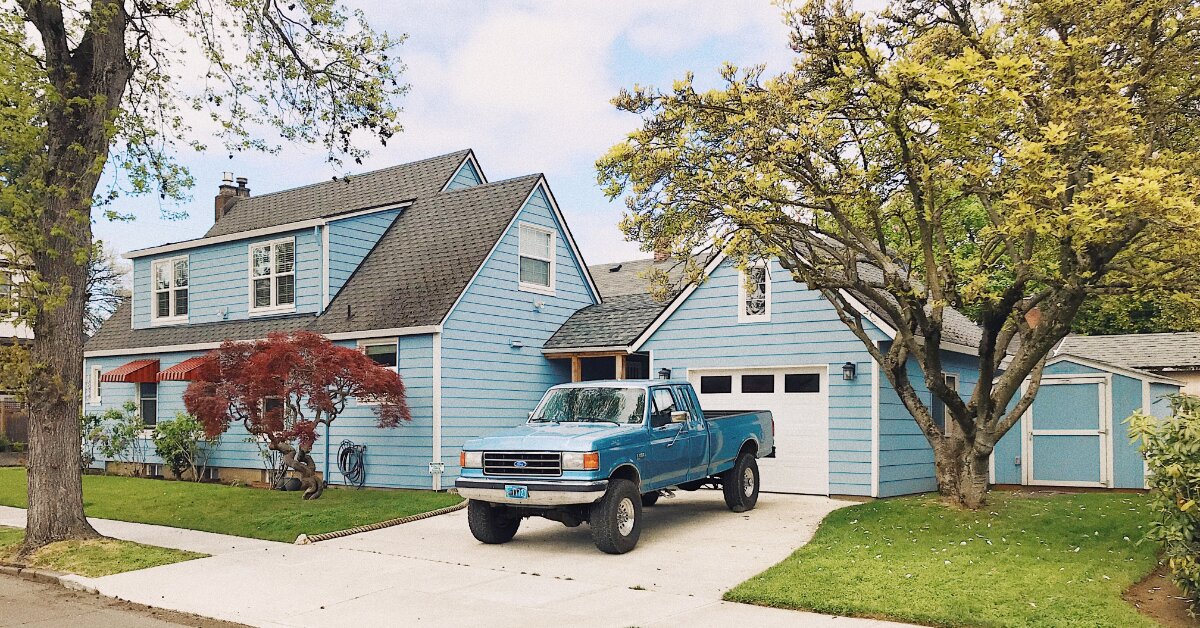The local government assesses the property tax according to your property’s value. Most of the homeowners like you feel that they pay too much in property taxes. The revenue that such taxes generate fund the local services and projects. These projects and services include law enforcement, fire departments, and education. Such services are extremely beneficial for the local residents.
While they’re undoubtedly beneficial, property taxes can often be burdensome. You’ll see them rising steadily over time. Even after paying off the entire amount of your mortgage, the property tax bills will keep coming. So, here we’ve suggested a few tactics that can help you lower your property tax bills.
1. Study tax implications before making changes to property
A permanent addition to your home, such as a pool, a deck, or a shed can increase your property’s value. Any of these structural changes will increase the amount of your property tax. Hence, you must investigate how much a new addition will add to your property tax bill.
This must be done before starting the construction work. The best way to do this is calling the local building and tax departments. You can then get an estimate from them. This will help you understand the tax implications before making any additions to your house.
2. Look for any discrepancies in your property tax card
Your property card contains information about the number and type of fixtures within your home. It also includes information about the precise dimensions of rooms and the size of the lot. The card may have a section on special features or notes on any structural changes that have been made.
Not many homeowners know that the local assessor’s office can give them a copy of their property tax card. For this, they’ll need to go to the office and request for it. The property tax card contains information that the town has gathered about their property.
While reviewing this information, look for any discrepancies in it. If you come across any, raise the issue with the tax assessor. This will result in a correction or a re-evaluation. It’s possible that this will reduce your property tax by a certain amount.
3. Research other homes in your area
You must know the general statistics about the evaluation results and assessments of other homes in the area. All such information is available to the public in many cases. Upon researching the comparable homes in your area, you can find discrepancies that can lower your property taxes.
You can understand this quite easily with the help of an example. Let’s say you have a home with four bedrooms and a one-car garage. The assessment of your home has been done at $240,000. Your neighbor also has a home with four bedrooms. However, his house has a two-car garage, a swimming pool, and a 130-square-foot shed.
Despite this, the assessment of your neighbor’s home has been done at $225,000. In this case, the assessor has probably made an error. When such errors are identified, you must bring it to the assessor’s attention immediately.
4. Guide your tax assessor through your home
One of the mistakes homeowners make is that they allow the tax assessor to wander through their home unguided. It’s possible that some assessors will only notice the good points in the home. During the process of evaluation, they’ll overlook certain facts.
For example, they may not see some small cracks in the ceiling. So, make sure that you guide your tax assessor through your home. While doing this, don’t forget to point out the deficiencies along with the good points. This will ensure a fair valuation of your home.

